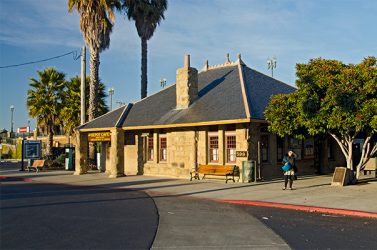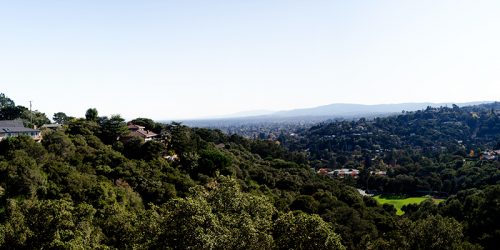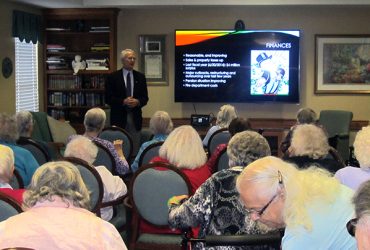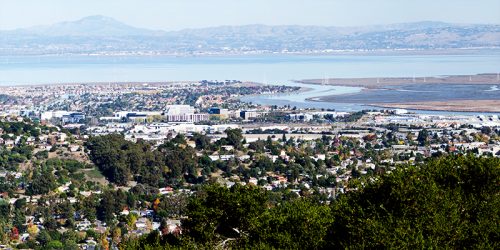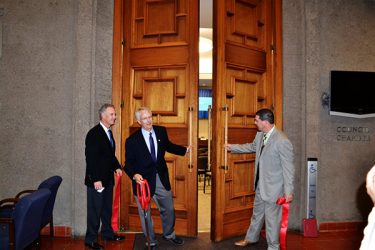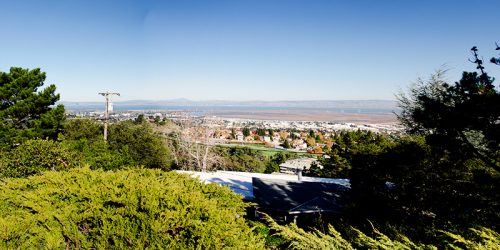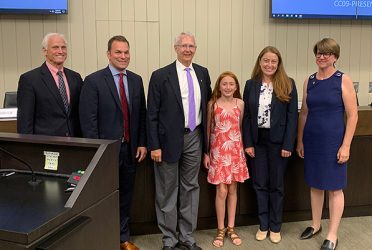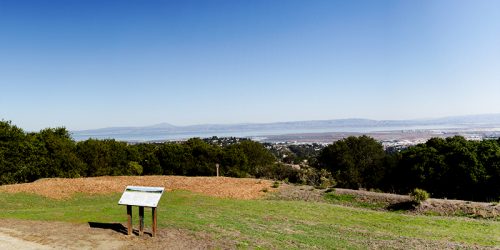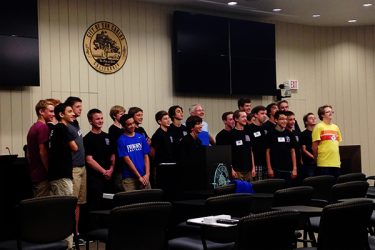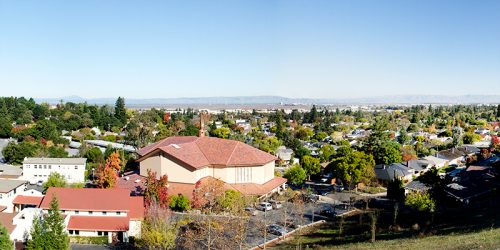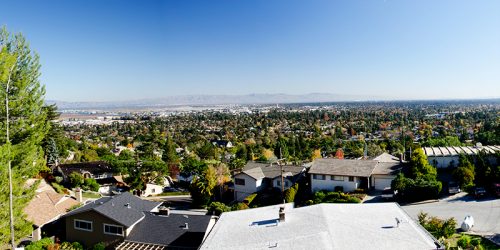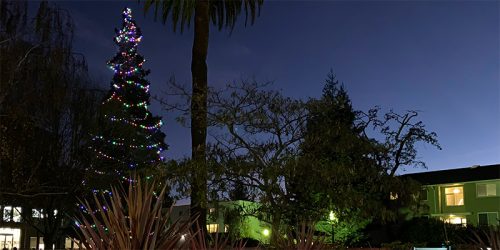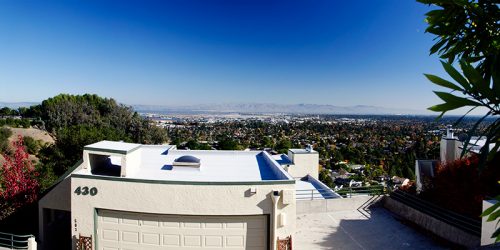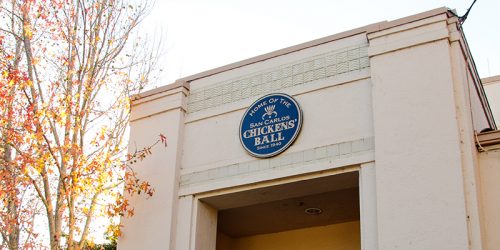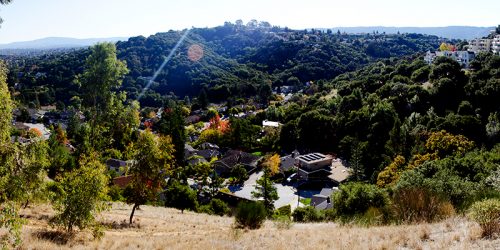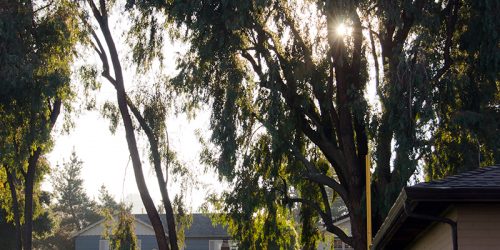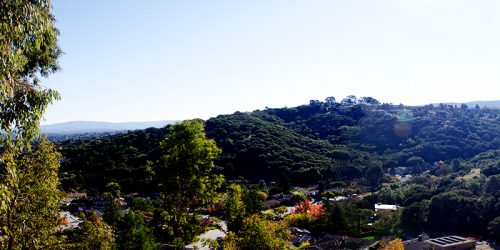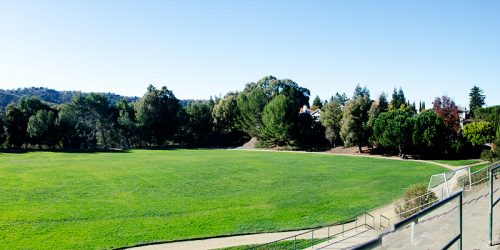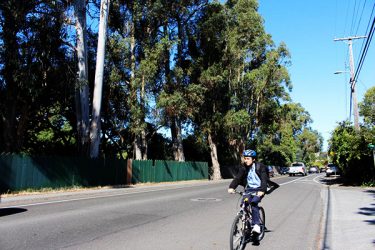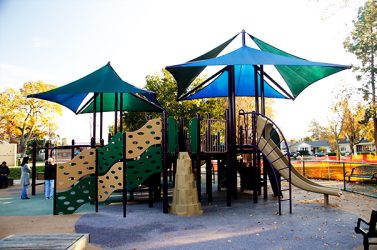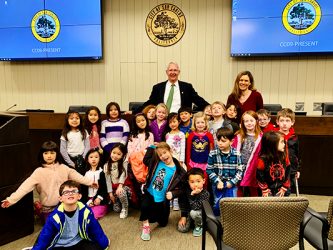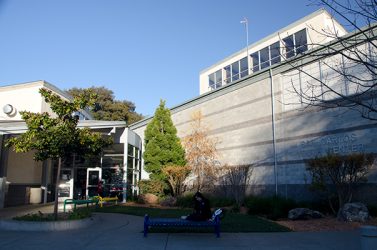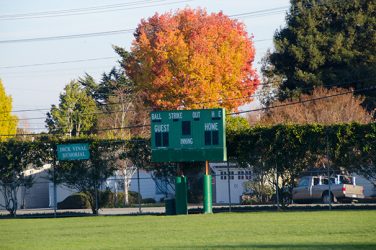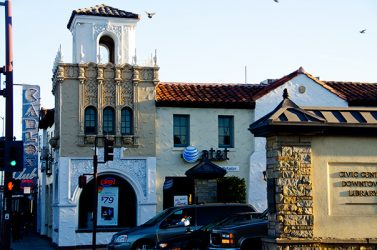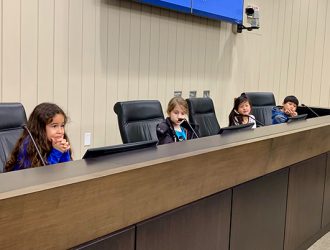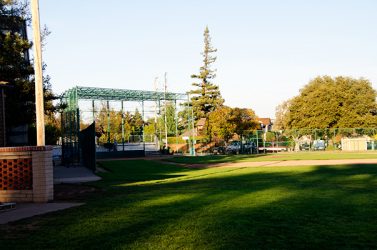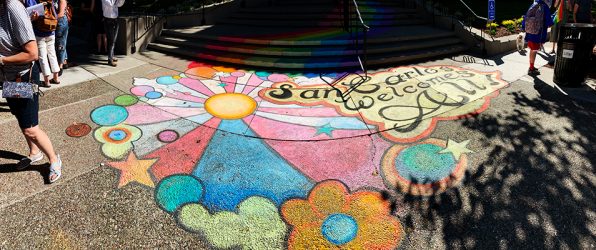As I write this there’s a big discussion on NextDoor about an interaction someone had with a Sheriff’s deputy while walking their dog in San Carlos. According to the individuals involved the deputy said “…they are stopping people and asking where they live because we are supposed to just stay in our own neighborhoods when walking our dogs.” The interaction greatly upset the San Carlans involved1.
The rules promulgated by the state of California and San Mateo County to address the pandemic are admittedly nuanced as regards if, when and how people should be out and about2. The general rule is simple: stay home and don’t go to work unless your job or business is on the “necessary business” list.
But there are a number of exceptions, ranging from going out to buy food and other necessities3, to taking care of family members (safely) who have difficulty fending for themselves, etc., and even to engaging (safely) in personal recreation (e.g., walking, hiking, biking). The overarching constraint is that, whatever you do, do it safely: maintain six feet of distance from others4.
The problem the authorities are having with all this is, while most people are respecting the regulations, some aren’t. Or people may be respecting the regulations — let’s go to the beach where we won’t be near anyone! — only to find that hundreds or thousands of others made a similar, individually-reasonable choice…which ended up being a bad choice, collectively, for the community. Of which those individuals are a part.
This type of situation inevitably gives rise to people questioning each other about those individual choices5.
When the questioner is a law enforcement person that can easily lead to stress and anger. Unlike private citizens questioning each other sworn law enforcement personnel have the authority to compel answers to their questions about identity and immediate purpose, provided they have a reasonable basis for doing so. Pandemics legitimately provide a reasonable basis for questions that might not be reasonable under different circumstances.
That doesn’t mean you have to accept poor behavior by law enforcement. I have a lot of respect for the San Mateo County Sheriff’s Department, their sense of duty, their commitment to protect the communities they serve, and their training (which I find to be top-notch)6. But anyone can have a bad day or make a mistake, however rarely that might occur.
There is a process for addressing concerns. If you think you’ve had inappropriate contact with a deputy in San Carlos contact Mark Duri, our police chief. You can reach him by email at mduri@smcgov.org or by phone at (650) 802-4277. He’s a good guy, a decent person and always willing to talk to the people he serves and protects.
They apparently live near where this event unfolded. ↩
The situation is also evolving rapidly so what I write here may no longer be accurate by the time you read this. ↩
The County also encourages people to patronize local restaurants, for take-out only. ↩
And don’t go out if your are, or you suspect you are, ill with covid-19. ↩
I can see this already in the emails I’m getting from people. It will get more pronounced, and pointed, as we work our way through the pandemic. ↩
I was very impressed when I got a ticket a couple of years ago with how firm-but-polite and professional the deputy was. Even when I politely challenged him on the basis for the citation. ↩
